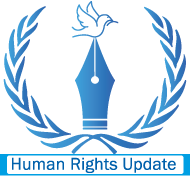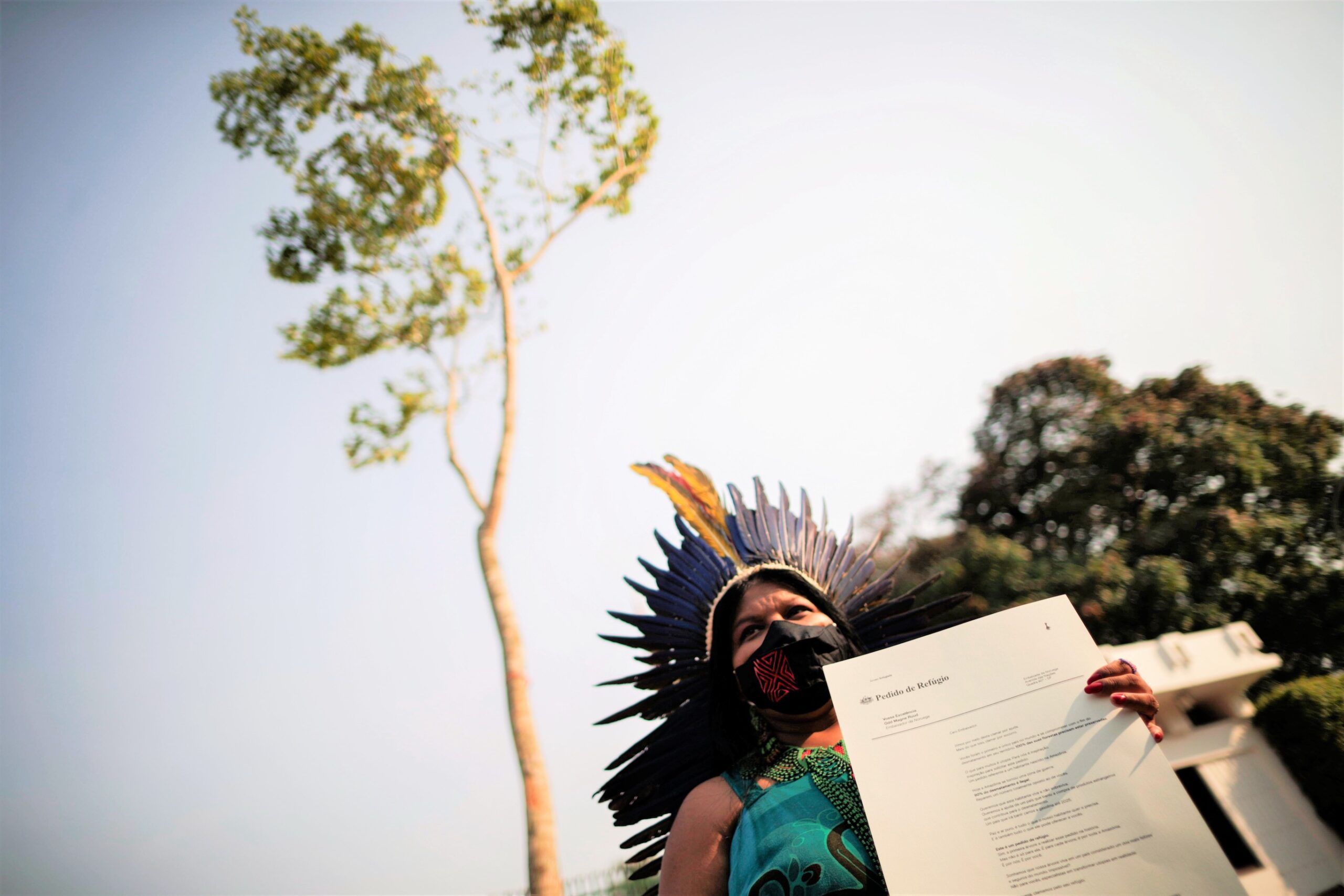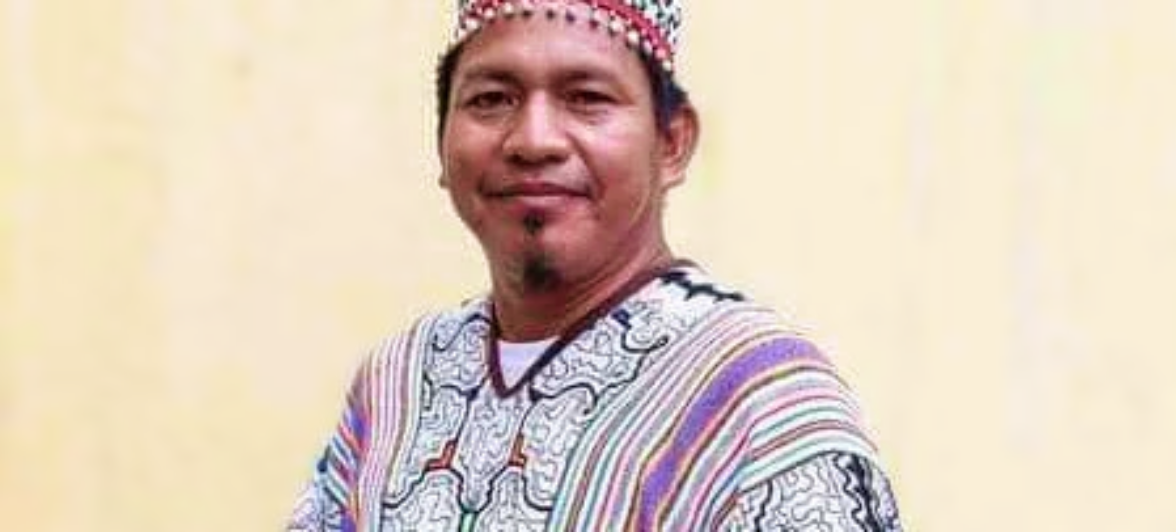Special Correspondent : In a revealing investigation, it has come to light that the Bangladesh government is employing diversionary tactics to deflect attention from the burgeoning corruption scandal involving former Inspector General of Police Benazir Ahmed. Recent violent events in the Baridhara diplomatic zone, which resulted in the death of a police constable, suggest a deeper, more sinister strategy to mask widespread corruption within the police force.
Violent Incident at Baridhara Diplomatic Zone: A Calculated Diversion?
On Saturday night, chaos erupted in front of the Palestinian embassy in Baridhara when police constable Monirul was shot dead. The incident also left a driver from the Japanese embassy and a pedestrian injured. According to Gulshan Police Officer-in-Charge (OC) Mazharul Islam, “One of our constables shot another constable. The shot policeman is mentally deranged.” However, this official narrative is under scrutiny. Several police officers, requesting anonymity, contradicted this statement, asserting that the shooter, Constable Kawsar Ali, was of sound mind, hinting at a possible cover-up orchestrated by higher-ups.
Eyewitness Hasan Ahmed, a media worker, provided a harrowing account: “I saw a policeman lying with a bullet wound. Suddenly, another policeman started firing indiscriminately. We heard several rounds of gunfire as we hurriedly left the scene.”
Dhaka Metropolitan Police’s DC Rifat Rahman Shamim confirmed the incident, noting that Monirul was killed and pedestrian Kausar Ahmed and Japanese embassy driver Sajjad Hossain were injured and are being treated at United Hospital.
Benazir Ahmed, who served as the head of the Rapid Action Battalion (RAB) and later as Inspector General of Police, is accused of severe human rights violations. These include enforced disappearances, extrajudicial killings, and political suppression. Ahmed’s tenure, which ended on September 30, 2022, is marked by the alleged orchestrated disappearances of over 600 political activists and dissidents, reportedly under direct orders from Prime Minister Sheikh Hasina.
A particularly brutal incident under Ahmed’s command was the violent crackdown on Hefazet Islam activists in Shapla Chatwar, Dhaka. Ahmed, then the Commissioner of Dhaka Metropolitan Police, allegedly ordered law enforcement to open fire on protestors, resulting in over fifty deaths and the disappearance of their bodies.
After his retirement, a power struggle ensued between Ahmed and Prime Minister Hasina. Reports suggest that Hasina had initially agreed to appoint Ahmed to a technocrat ministry, but the agreement fell apart, leading to Hasina exposing Ahmed’s involvement in gold smuggling and other corrupt practices. Member of Parliament Anwarul Azim Annar, implicated in these activities, was reportedly sent to India and killed on Hasina’s orders in April.
The Anti-Corruption Commission (ACC) has since launched an investigation into Ahmed’s extensive wealth, resulting in a court order to freeze his assets, which include luxury flats, vast land holdings, numerous bank accounts, and company shares. Despite these measures, Ahmed and his family have allegedly withdrawn significant sums from their accounts.
Ahmed’s reign left a legacy of fear and repression, further underscored by his alliance with Dubai-based underground terrorist Aarav Khan. Khan, wanted in Bangladesh for murder, received significant support from Ahmed during his time in power. These revelations have provoked outrage among human rights organizations and the international community, who are calling for comprehensive investigations and accountability.
In response to the allegations, Ahmed stated via email, “I served as an influential official in Bangladesh for many years under the honorable Prime Minister’s instructions. I am not corrupt. All the wealth my family has was a gift from Prime Minister Sheikh Hasina.”
Ahmed’s tenure has undeniably left a legacy of fear and repression. The international community and human rights organizations continue to call for transparency and justice in Bangladesh’s law enforcement and political systems. The recent developments emphasize the urgent need for accountability and reform to address the abuses committed under Ahmed’s command.
The unfolding events in Bangladesh highlight the intricate and troubling connections between law enforcement and political power. The situation demands a robust and transparent investigation to restore faith in the country’s governance and protect human rights. The international community and human rights organizations continue to call for transparency and justice in Bangladesh’s law enforcement and political systems. The recent developments emphasize the urgent need for accountability and reform to address the abuses committed under Ahmed’s command.






